- Prof. Purushottam Dahal
Today, Poush 16, marks as a special day in the history of Nepali politics. On this day, 47 years ago, BP Koirala the initiator of Nepal's democratic movement, abandoned the armed movement and returned to the country. The tough journey of eight years of imprisonment and eight years of exile lead to the declaration of national unity and reconciliation policy. Years have passed since the proposal of reconciliation policy, however, the question on it’s relevance is raised frequently.
What is the background of such question? :
The question first arose after Nepali Congress collaborated with the alliance of leftist parties in 2046. When BP Koirala decided to return home, important political events were developing in South Asia, Europe and Central Asia. The annexation of Sikkim into India, Russia's intervention in Europe, Afghanistan's political rebellion and Russia's preparations to be the imperial power, about to be displaced by religious fundamentalism in Iran, the military coup in Pakistan, among others. All those events occurred as a result of multiple factors like internal rebellion, external interference to end of the nation's sovereign, imposed political power and foreign military presence. After analyzing these situations BP felt the need of the national unity and reconciliation policy. Also the state of emergency imposed by then Congress government of India, repression against the Nepali democratic movement and the dominance over the exiled leaders played a role in repatriation. BP was very emotional about the loss suffered during the armed movement, which also supported his decision. Continuous struggles, movement, violence, physical destruction and other painful incidents forced BP to finally return to non-violent path. Leaving behind the sufferings, torture and brutal killing of democratic comrades, by the party less Panchayat system of 2017, BP took a pleasant but dangerous decision to follow the non-violent path with NC leaders Krishna Prasad Bhattarai and Mahendra Narayan Nidhi.
Commentary on Reconciliation Policy:
BP himself advocated on the policy of national unity and reconciliation. He always stressed on nationality, sovereign and independent supremacy. Citizens are the primary element to him, if rights of the citizens are restricted, it is impossible for the restricted citizens to contribute to the freedom of nation. The nation and it’s people, are interdependent on each other, but the traditional monarchy refused the democracy that was established by the public in 2015. Democracy was then established on the leadership of Nepali congress, BP advocated that people and the monarchy can only be protected with the democracy. He once commented that the king and BP himself were on the same boat, and should move together for the betterment of nation. But monarchy did not support BP’s idea, till the end of monarchy from Nepal.
Similar to the rulers, the communists of Nepal also did not understand the fact that the people are the base of a nation. But, BP was aware of the global scenario and used to analyze it thoroughly. Despite the end of the Cold War, BP was always concerned about the possible penetration of Russia’s communism through the communist parties of Nepal. He was cordial with communist leaders like Manmohan Adhikari and tend to encourage them, but was very aggressive against the extremist view of the communists.
Given the Congress leader’s attitude, the leftist parties were also distrustful and aggressive towards the policy of national unity and reconciliation. But the mass movement of 2046 was carried out in collaboration with the leftists. After BP Koirala, Nepali Congress divided ideologically. As BP took the risk and returned back, one fraction was ready to cooperate with the king. On the other hand, remaining supported the idea of moving together with communists as the monarchy was not liberal and the nationalism is impossible without civil liberties. During the Satyagraha of 2042, liberal left activists and party members went to jail like Nepali Congress. In 2046, seven leftist alliance opened the doors of cooperation with Nepali Congress which put an end to the party-less system, and established the constitutional monarchy and multi-party democracy. However, it did not last long, less than three years after the election, the Maoists started armed violence with the tagline of parliamentary democracy failed to deliver. There was many hidden agendas to this movement, which should be discussed thoroughly in varied contexts.
Shift and balance of power:
The goal of armed violence was to end the parliamentary system and to eliminate Nepali Congress, the democratic power of Nepal. Internationally, Indian expansionism and American imperialism are their first enemies. The royalists were therefore liberal and supportive of armed violence. But after the 12-point agreement issued on November 7, 2006, the balance of power has changed. The abolition of monarchy, establishment of a federal democratic republic and continuous cooperation with the communists have been established in Nepal. As monarchy was always ready to supress the reconciliation policy and the democratic power of Nepal, also the communists play their best when opportunity arises. However, it cannot be forgotten that some stubborn Congress leaders have some inclination towards Communists as if they are the ultimate power, which leaves room for exploitation. It is not necessary to justify the collaboration of 2046 and 2072. However, all other government collaborations have established opportunism. When Chairman of Nepali Congress Girija Prasad Koirala was injured in an incident and was recovering, the unexpected and unpleasant split of the Congress was initiated by his colleague Sher Bahadur Deuba. Hence, Koirala opt for the strategy to go, hand in hand, with the Maoists. The effects of that collaboration is still felt politics. However, the dramatic situation created by the 2064 election, 2070 especially during constitution promulgation in 072, in the 2074 parliamentary election and the recent election and the dramatically staged power equation game, have required a debate on reconciliation policy. It is impossible to say how the changing power dynamics, displacement of the monarchy, strong development of the communist power will impact the egoistic self-centered, behavior and weak strategy of those who believe in democracy. It is clear that the democracy and the national unity and reconciliation policy which are trying to promote and establish the nationalism have reached the brink of doubt.
As of now, four schools of thought exists in Nepal. First, who believe in democracy, second, those who believe in communism, third, the monarchists, and the fourth are the ethnic regionalists. Among these four elements, friction can occur at any time. There is a possibility that there will be a strong, active and purposeful role of the international powers amidst the confusion. At the center of danger, Nepal's geography is extremely flammable.
Reconciliation even today:
Regardless of person in power or the state of balance of power, reconciliation in favor of people's rights and the protection and promotion of nationality is the first condition in today’s time. Monarchy, Congress and Communists were respectively powerful in the past. Now, royalists have taken the place of monarchy, whereas, regionalist occupies the fourth power.
A very fluid relationship connects or separates these four elements. Regardless of the ideas and the power, nationalism is mandatory and it is only possible to promote it only through the civilized practice of democracy. In other words, the policy of national unity and reconciliation, that was propounded 46 years ago in a unique situation, carries the same importance, hence, it should be adhered.
( Translation by Pratikshya khanal )






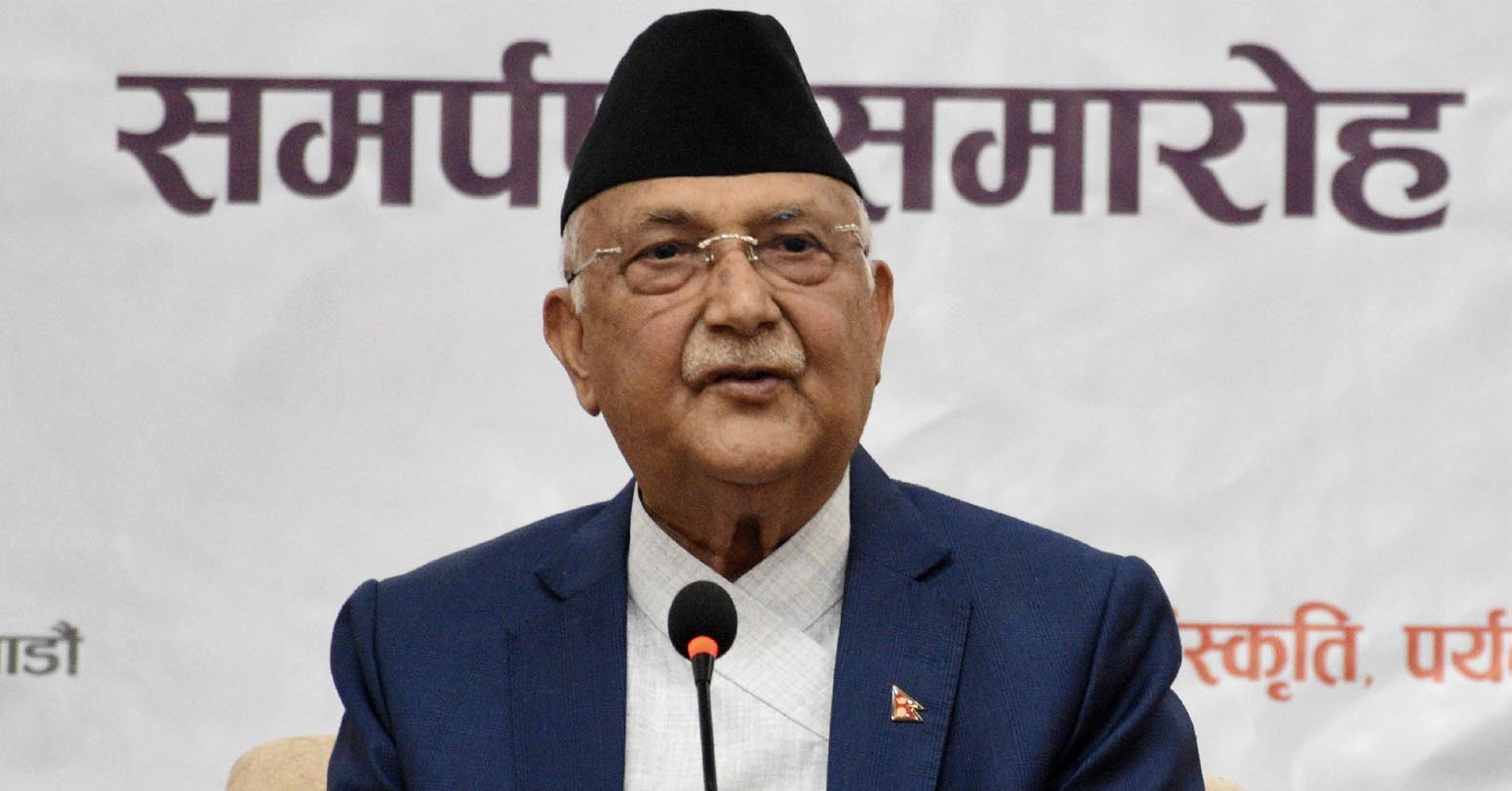
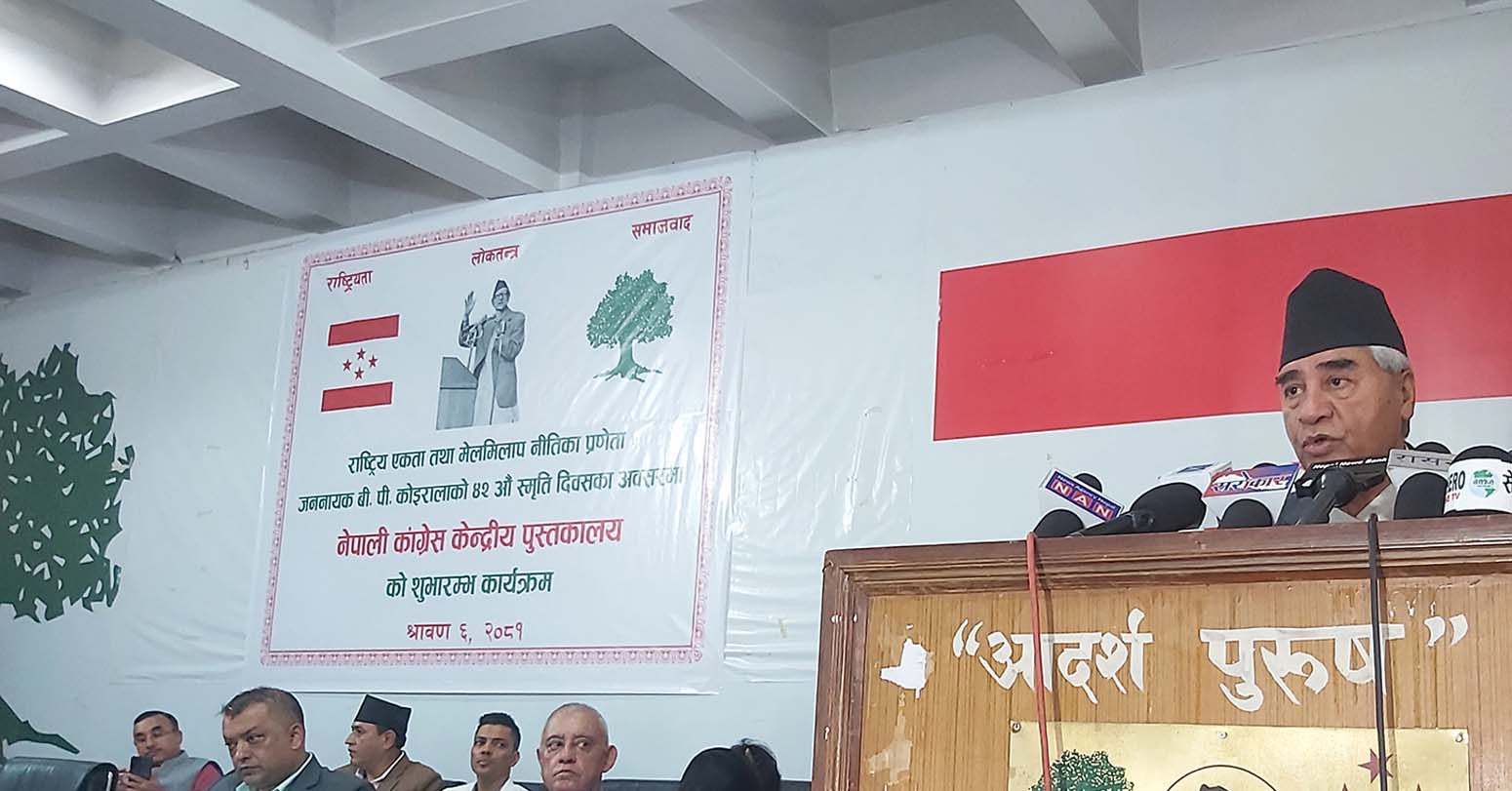
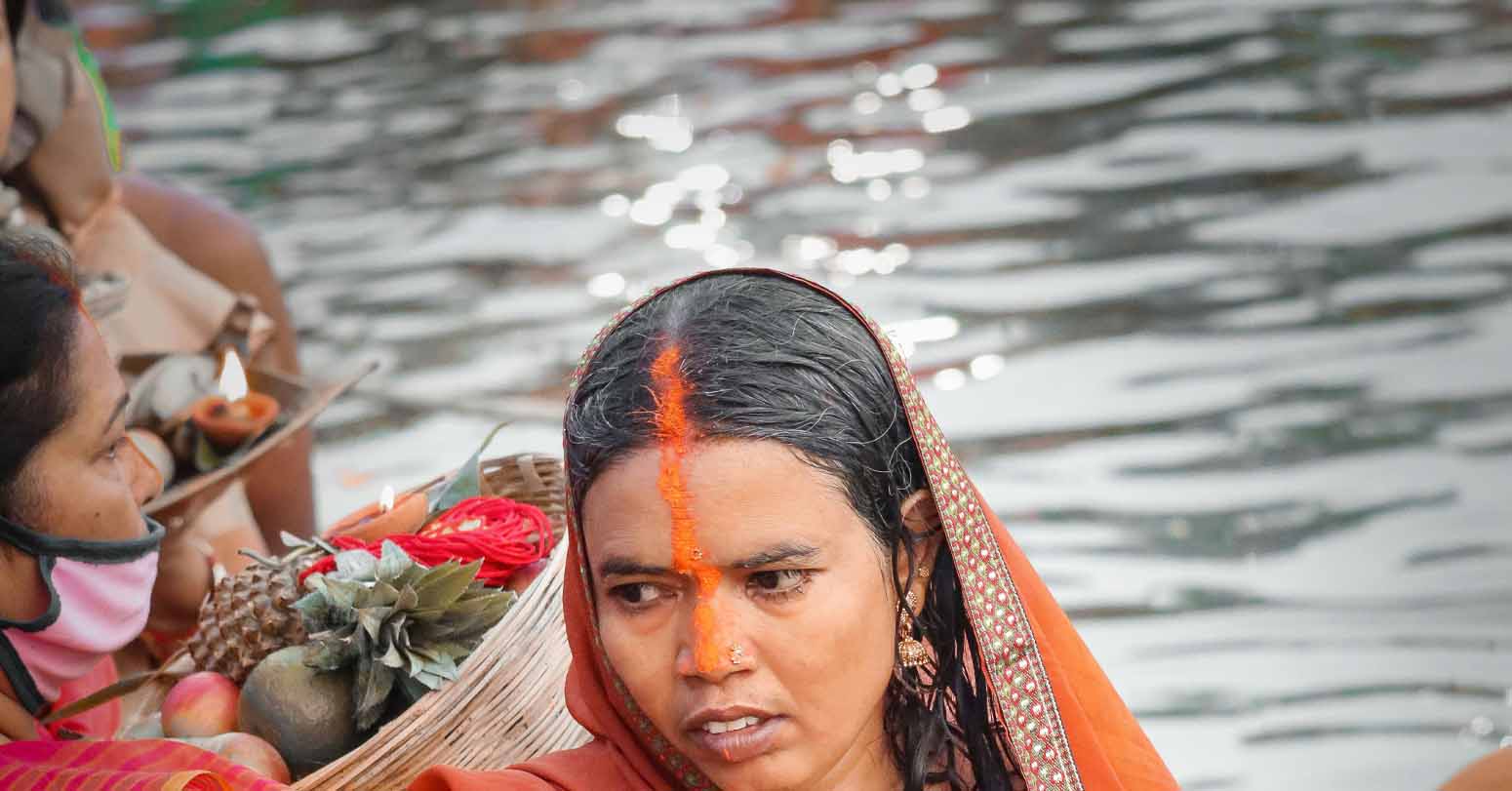
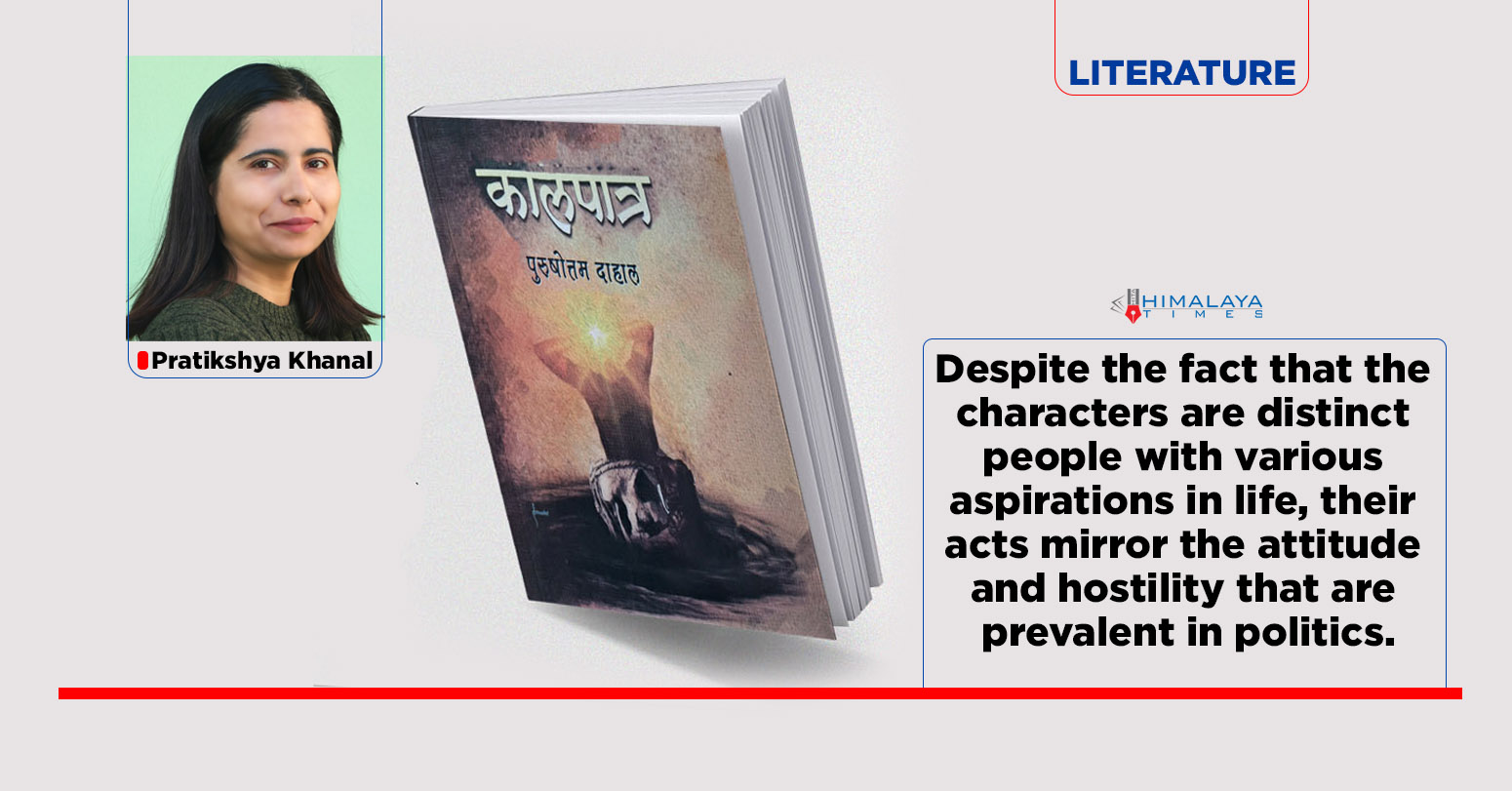
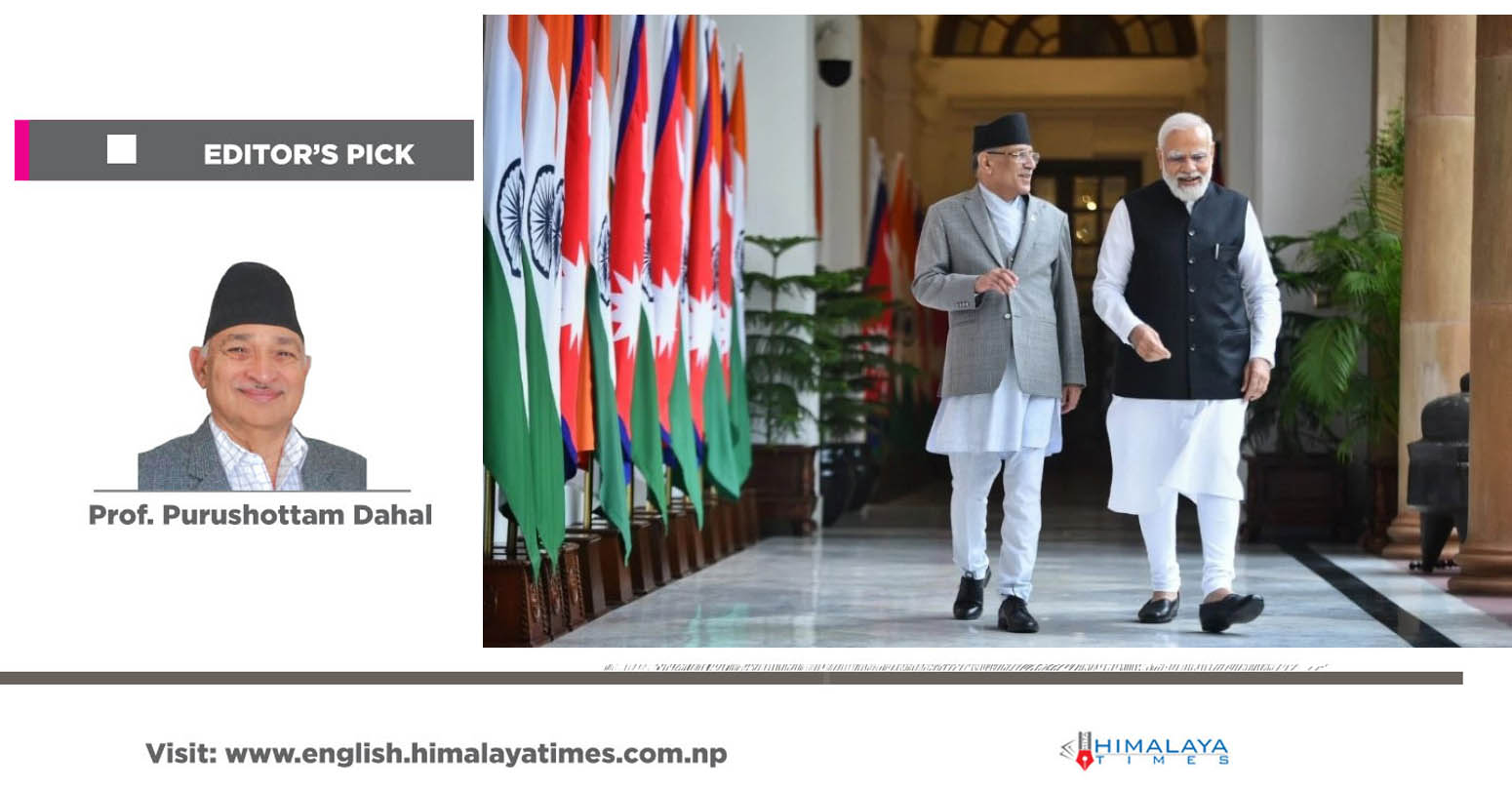
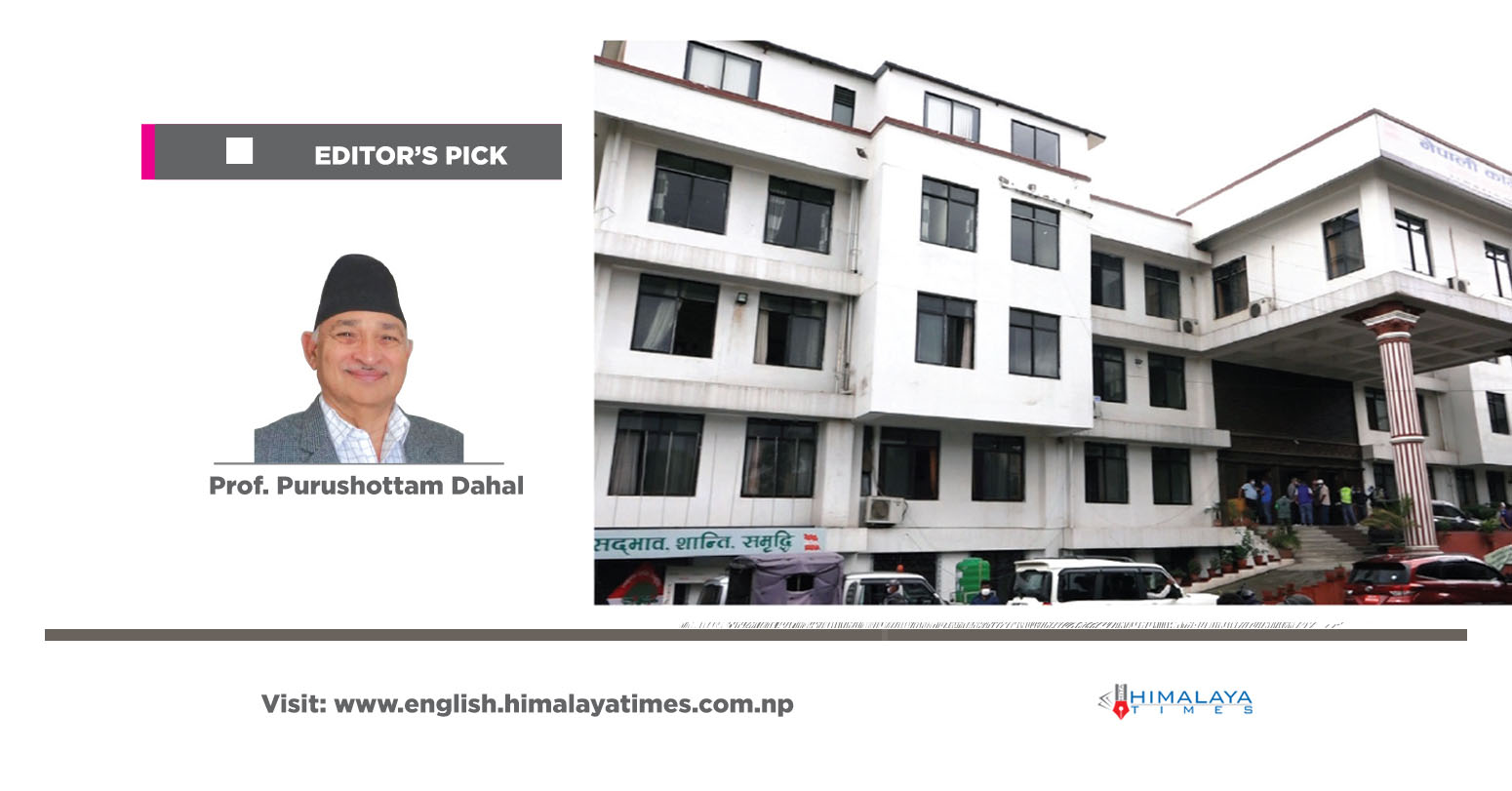
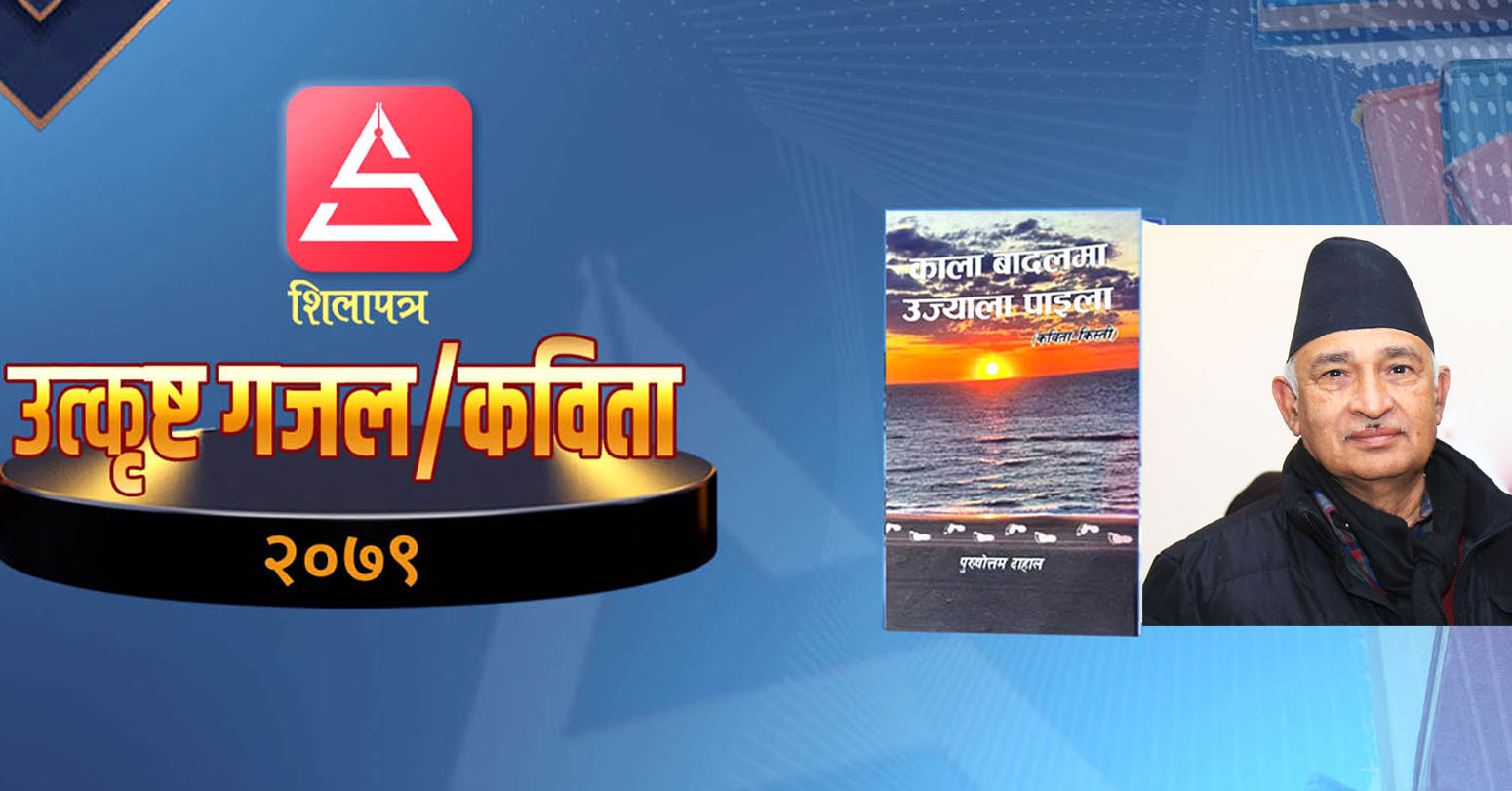
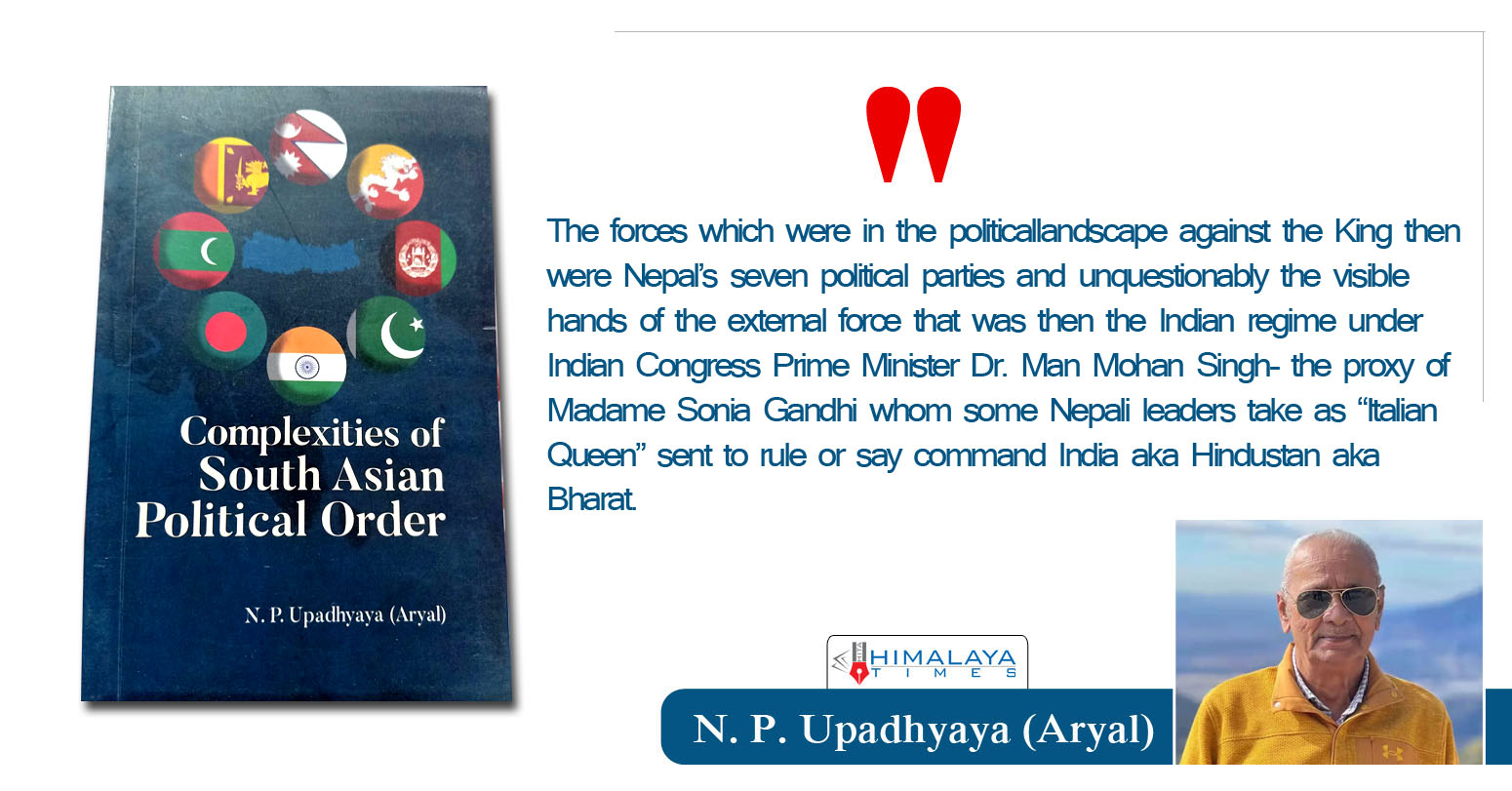
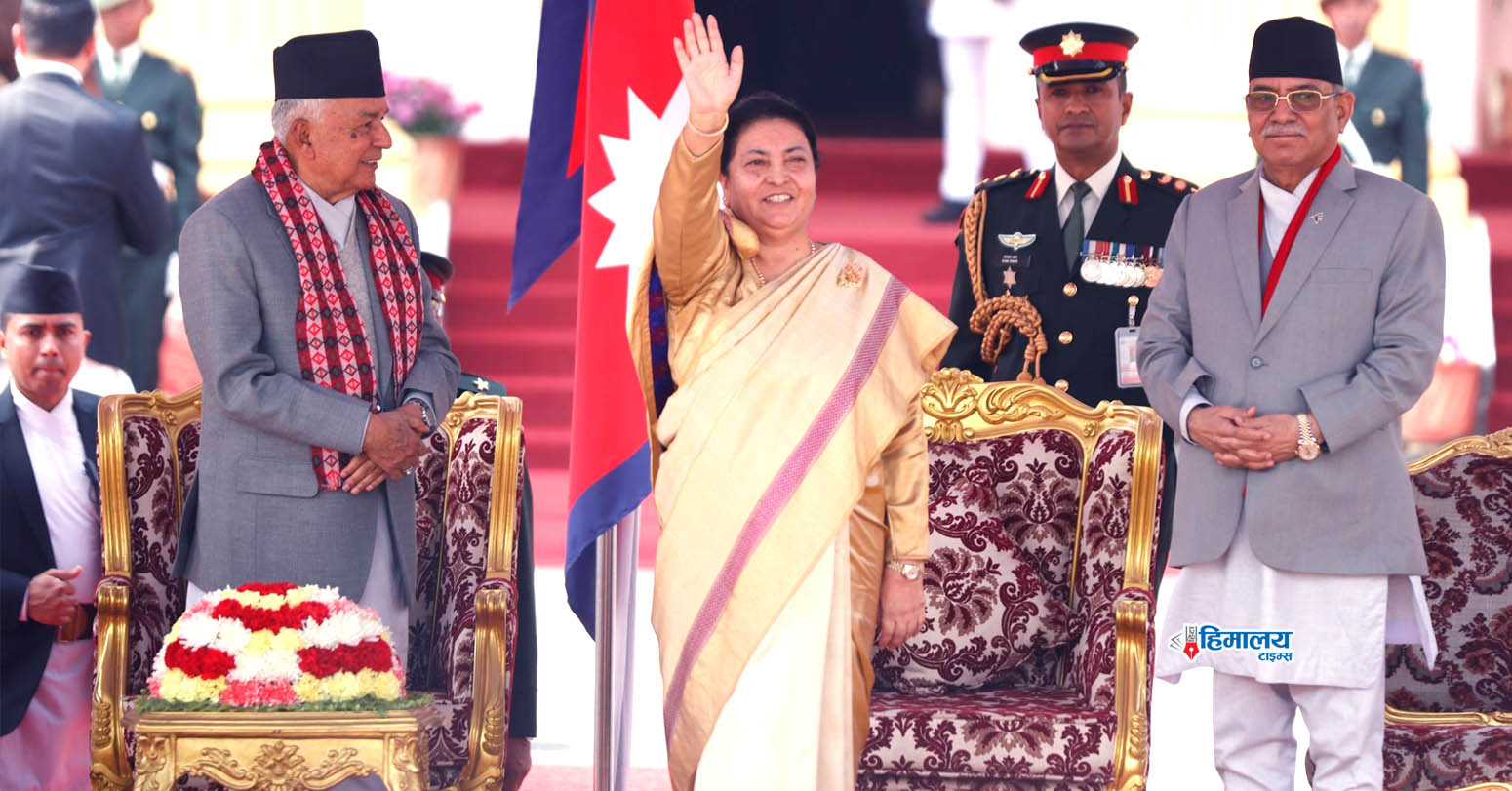
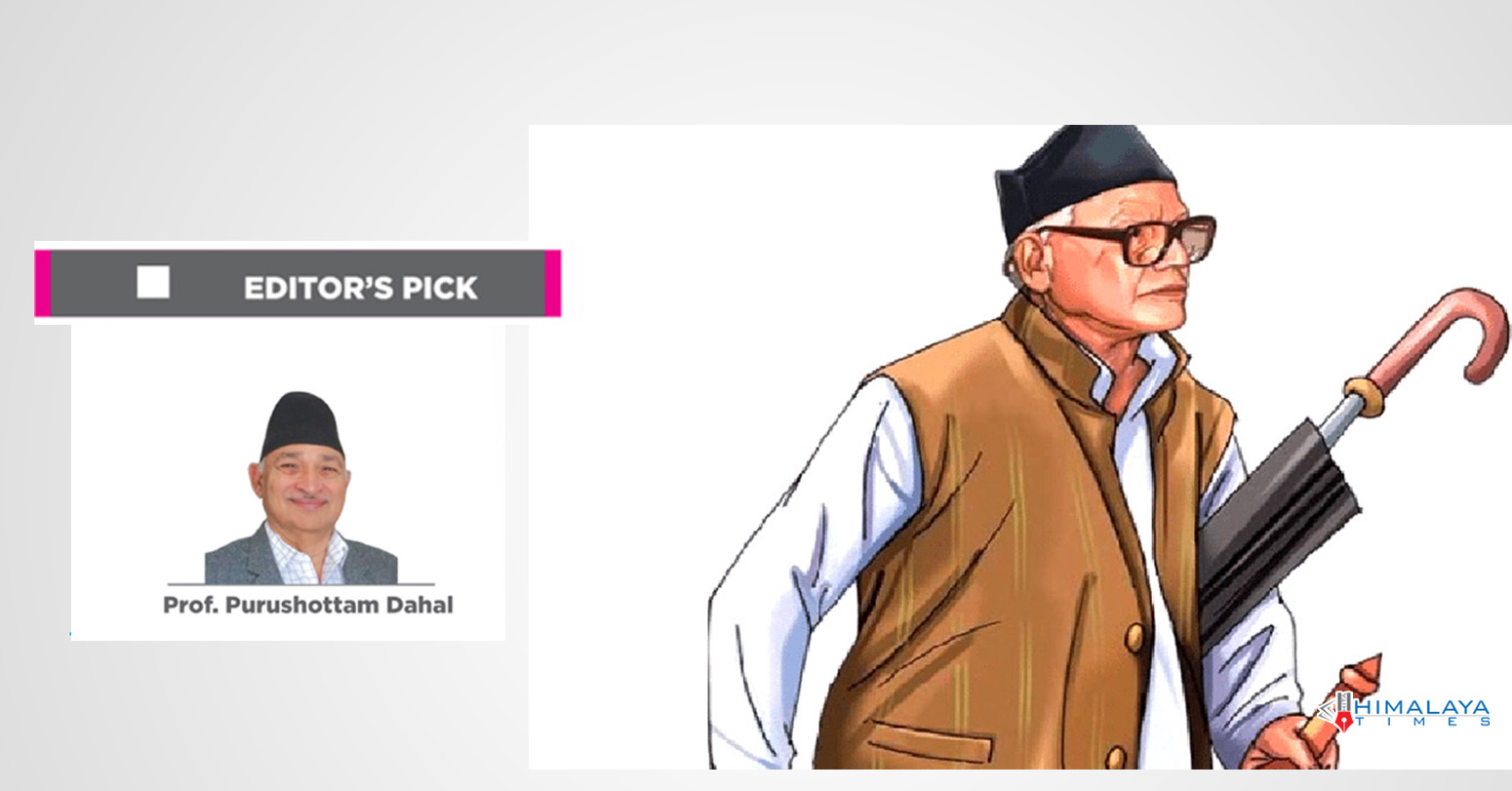
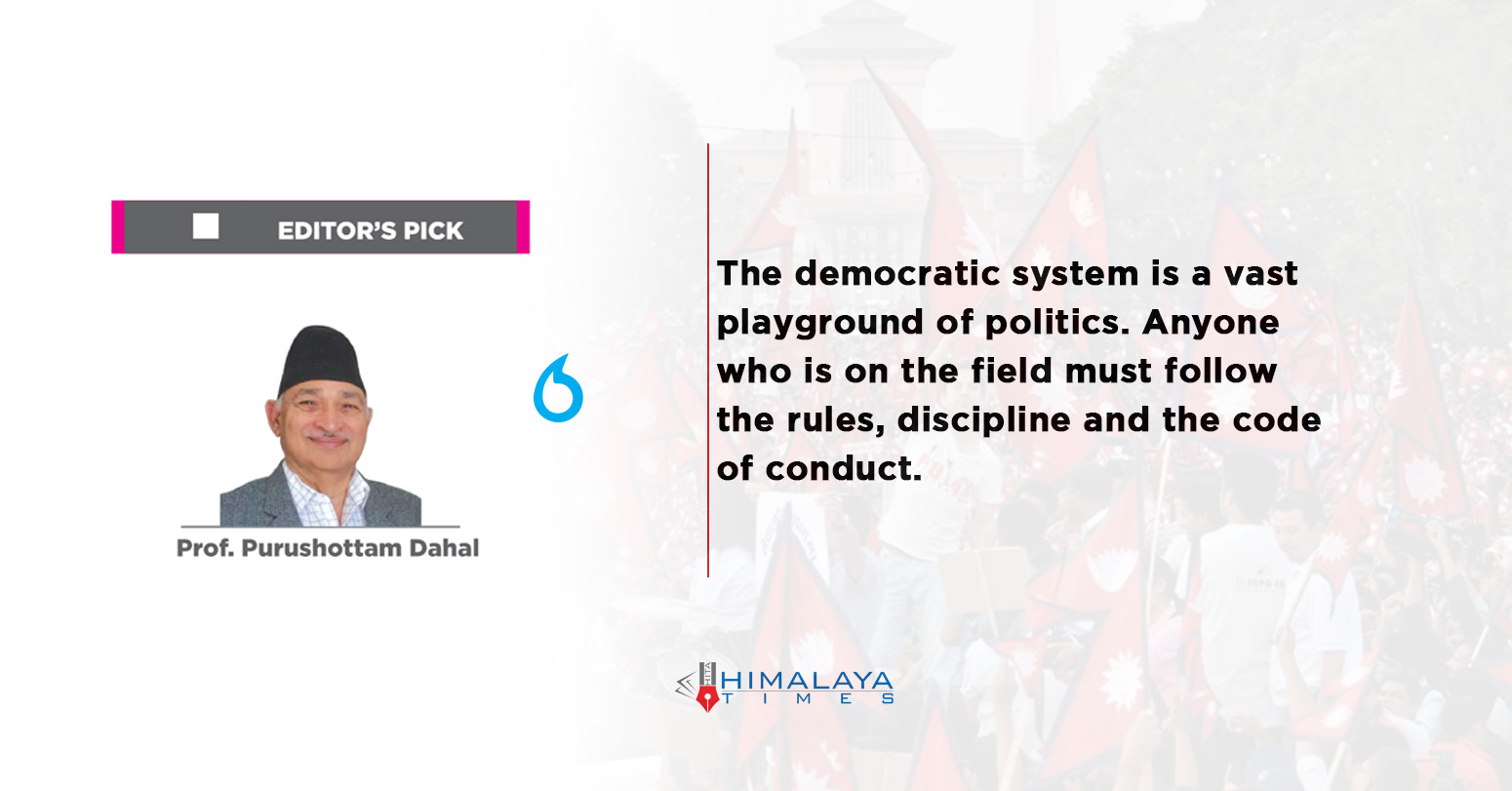
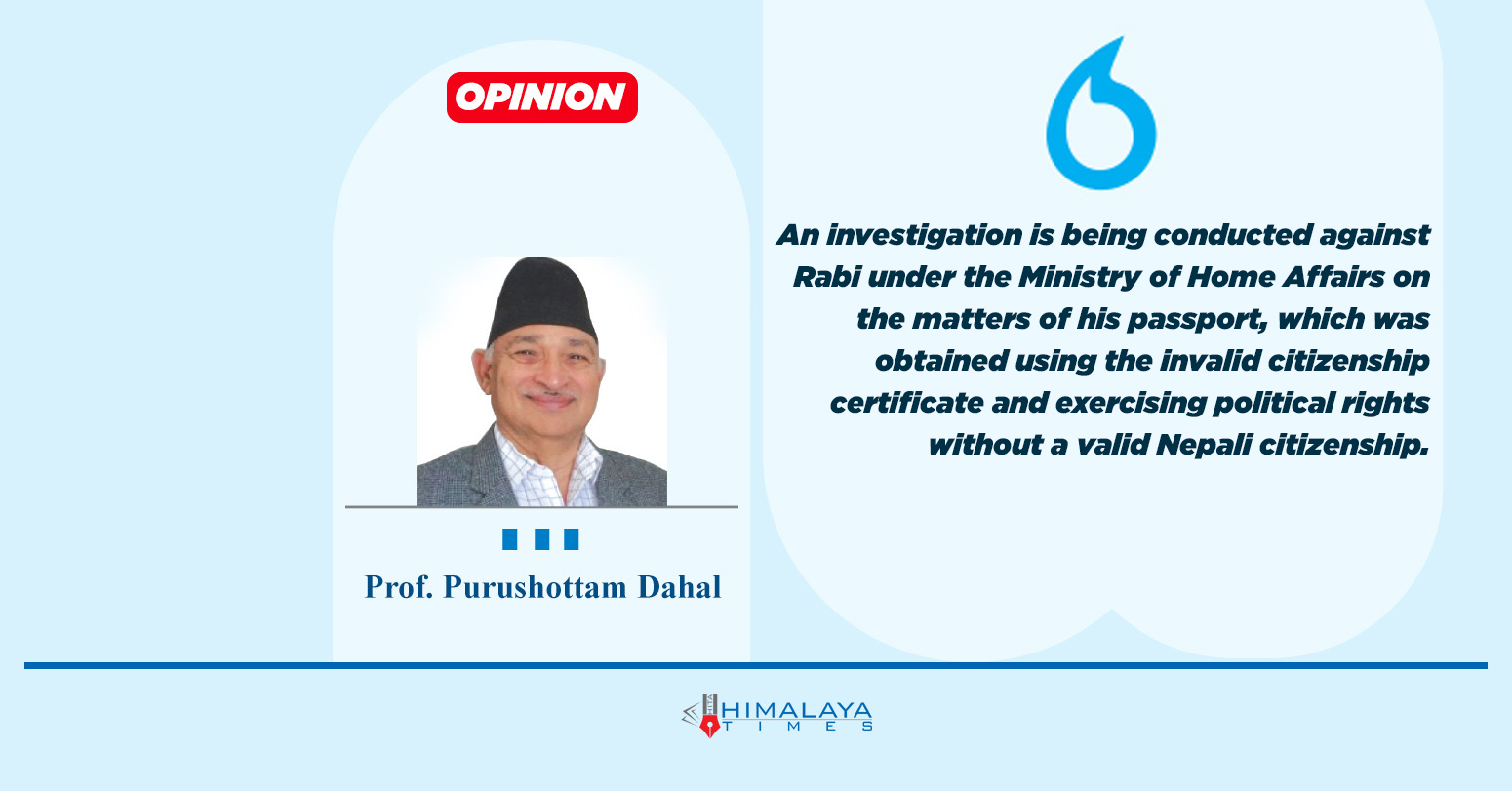
Comprehensive Data Protection Law Critically
Gender Differences In Mental Healthcare
Messi Wins Best FIFA Men’s
Erosion of Democracy
Fly Dubai Catches Fire in
“Complexities of the South Asian